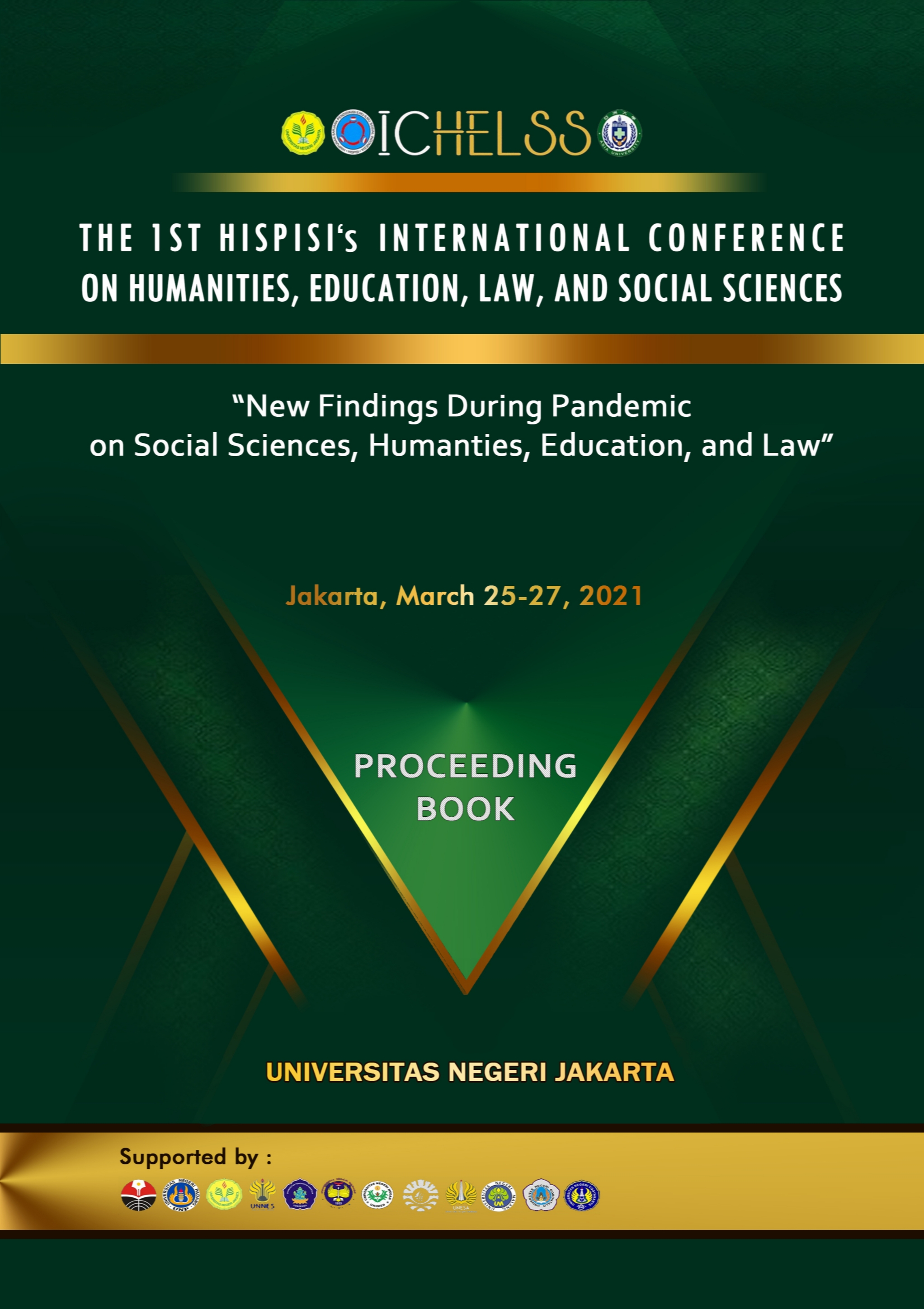Philanthropy: The Citizens’ Social Capital Amidst the Pandemic
Abstract
This paper discusses the philanthropic movement in Indonesia as a social capital during the pandemic. In Southeast Asia, Indonesia is a country that is rich in virtue. The Indonesian nation has a long history of cultural diversity consisting of noble values from generations of Indonesian people. From various ethnic groups and community groups in Indonesia, it can be learned that social generosity or philanthropy has long been the glue that maintains the nation's integrity and harmony. The nation's social capital can be found in the spirit of gotong royong or working together that is evident in the face of the Corona Virus Disease 19 (COVID-19) pandemic, starting from individual to community, and even corporate philanthropy. The state institution has a great expectation for citizen participation regarding the social responsibilities for one another. Therefore, elements of the nation must collaborate in the spirit of philanthropy by reviving the sense of togetherness in the form of decent acts toward fellow human beings. In practice, the philanthropic movement, which goes beyond the cultural context, can be carried out culturally to overcome inequalities in the economy, humanities, and social state among the citizens. Philanthropy can serve as a great potential for community empowerment and sustainable development in Indonesia.
Keywords: Philanthropy, Social Capital Citizen, Pandemic, Mutual-Cooperation, Indonesia


